Whether the experience involves an individual, organization or community, lasting transformation takes place from the inside out. For the next several weeks, we’re pulling lessons from our new Racial Equity Spotlight series. This set of three publications gives an insider’s view of a wide variety of WKKF grantee partners who are committed to transforming their internal practices and ways of being to strengthen their work in support of children and families.
In Brief
Over the past 150 years, the Union for Reform Judaism (URJ) has flourished as the largest organization supporting North American Jewish life. URJ currently includes nearly 850 congregations and 1.8 million Jewish believers. Rabbi Jonah Dov Pesner, URJ’s senior vice president and director of the Religious Action Center, has noted that URJ may stand out among the Kellogg Foundation’s portfolio of grantees – but not when considering URJ’s long history of advocacy for social justice and the complex ways in which antisemitism and racism interact.
URJ actively served as a resource to the civil rights movement and has long been active in progressive movements, but in 2014, the organization had a serious moment of reckoning about its values and actions. Following the public murders of Michael Brown, Freddie Gray, Tamir Rice and Sandra Bland, “There was a kind of a plea that was heard from lots of Black and Brown Jews who were asking some of the White Jews and leadership, including me, why it was that we were not more present and taking a more vocal and visible leadership role around Black Lives Matter, and frankly, if we were really confronting the racism within our own community,” said Pesner.
Why This Matters
URJ took this challenge seriously. Leaders restructured the organization to dedicate four, full-time staff to racial equity, diversity and inclusion, and received funding from the Kellogg Foundation to hire their first Racial Equity, Diversity and Inclusion assistant vice president, Yolanda Savage-Narva. The REDI team’s stated goal was to build the capacity of URJ’s leaders while also building systematic support for programs and congregations.
The REDI team soon recognized a need key to URJ’s ability to advance its racial equity work – the need for honesty. URJ’s leadership team is predominantly white. Race, religion and ethnic identity are multifaceted within the American Jewish community and combine with an immigrant history in the United States as well as repeat experiences of oppression and persecution in world history. Unpacking whiteness within the Reform Jewish community is a heavy lift, so the REDI team designed a curriculum for URJ’s executive team and working groups to address whiteness and white supremacy culture, using a body of work predominantly developed by people of color and Jews of color.
In 2020, URJ launched a Community Self-Assessment Tool to assist congregations interested in racial equity, diversity and inclusion. As of April 2021, over 2,000 people from 400 congregations and communities had joined URJ for REDI training.
The Opportunity
If your organization has a complex relationship with racial identity among its leadership and members, you may want to read more about the Union for Reform Judaism’s intentional work to destabilize white supremacy culture in its leadership and practices.

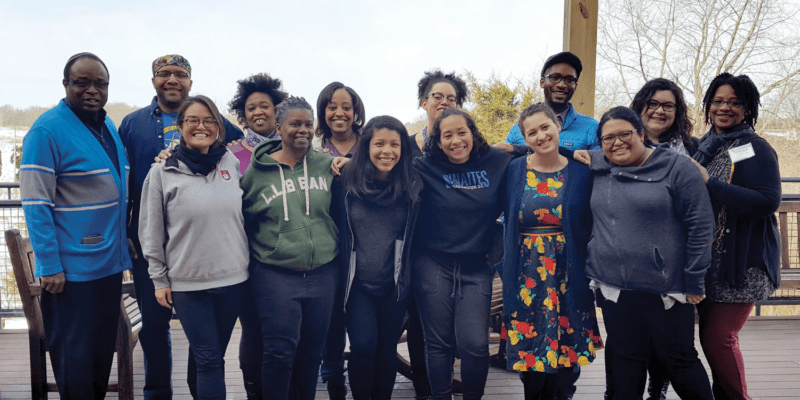
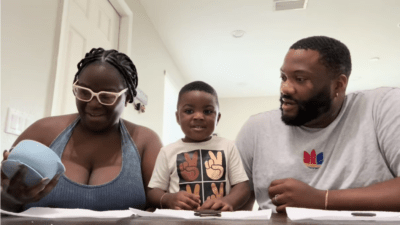
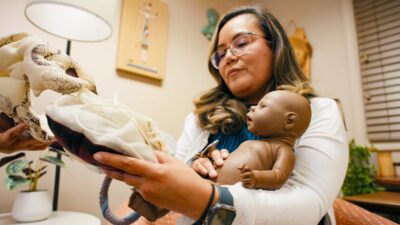
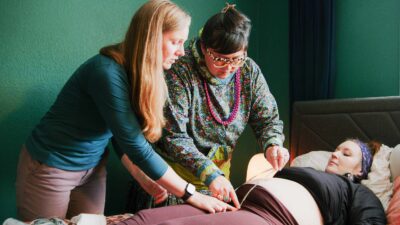
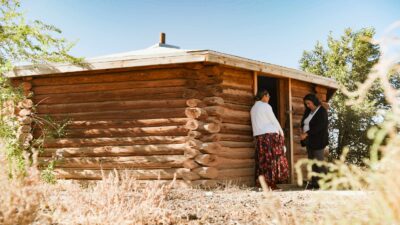


Comments